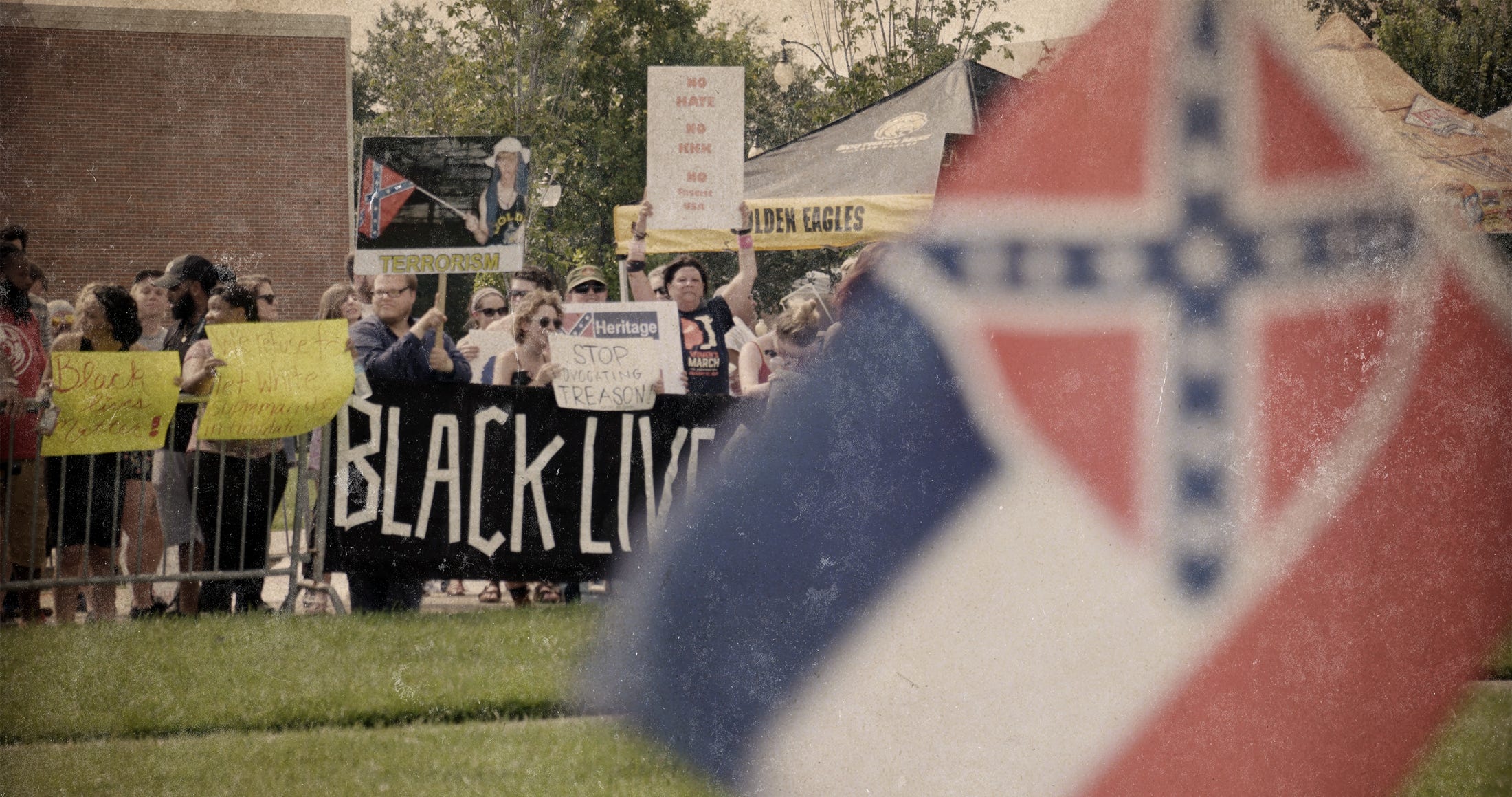Empathy Is Urged and Changes in Habits Are Urgent in “Look Away, Look Away”
Tired messages give way to special perspectives in this docu-essay.
Dear Moviegoers,
There aren’t many documentaries that attempt to appeal to the better angels within everyone, usually just speaking to and screeching at the choir so to speak. Look Away, Look Away is a kind of rarity in how genuine empathy is the central approach to its storytelling and story-gathering, especially on a most divisive issue. Often imitated but never really duplicated, empathy here shouldn’t be confused with agreement or positive platforming, as the film does in fact hold judgment for some of its subjects. By empathy overall, I mean that there’s at least an understanding, however uncomfortable, that the filmmakers acknowledge and grasp as part of a community and maybe as part of themselves. It doesn’t mean they like it of course, but Look Away, Look Away isn’t a personal exorcism of the privilege that its director holds, but an exploration into two sides of a whole state, not to mention the distress experienced in both.
This docu-essay follows the trials and turmoil over the Mississippi state flag, the last one in the country to feature the Confederate emblem. As of now, the flag has been changed from its longstanding holdout, but Look Away, Look Away is not written specifically by the victors of this conflict. Most of interest in this story is the challenging nuances that both the change the flag activists and the pro-confederacy advocates have within their groups. As state legislators choose cowardice over action most often, it's left to the people to rally and get to work. Look Away, Look Away doesn’t give special treatment to the activists, even if the filmmakers are clearly on their side, choosing instead to figure out who is supporting what, why, and if there’s more behind it all. Most definitely, there’s more. Always more.
Look Away, Look Away teeters between muddled vision and straight-up piece of activism from time to time. The “activism” I mean is of its own making, the kind that might look down on others with a facade of connectivity and humanity. But it never does this, no matter how close it gets. It’s a light example of true soul searching and a great example of balancing its own feelings with the acceptance necessary to speak with those that are different. Or despicable.
The film begins with South Carolina taking down its state flag in the wake of tragedy, and ends on a similar mark. It’s never detailed why it takes horror to create change, but this isn’t an issue with the movie, but rather with society in general. We wait until it’s too late and/or until we’re shocked into politically correct movements. It’s a sad fact, but Look Away, Look Away isn’t concerned with this as it’s already well felt by everyone - it’s just how things are. What it does concern itself with are the good and easily angered people caught in the middle of all the years debating and rallying.
Perhaps the film’s most poignant moment happens towards the climax when a prominent group trying to change the Mississippi flag burns a Confederate flag in public. The founding member of the organization walks away in discomfort, explaining later that the act upset her as being way too aggressive. Granted, a man on the pro-confederacy side would be seen in the film attacking protesters in New Orleans at one of the monument removals with no remorse, but the point of the founding organizer was that not everyone on the other end of the spectrum acts out so violently, being more generally ignorant than outright hateful. Why stoop to the extremes when it’s best to rise above, basically.
The “reckoning” in the movie's tagline doesn’t exactly happen across the board in Mississippi, but with some habits around a symbol altered, perhaps some minds will open up. Look Away, Look Away, in the end, finds some ground with a few people on the pro-Confederate emblem side of the coin, who come off more articulate than expected, speaking volumes about where certain heads are at in these times. Up their own asses? Sure, but such a setting isn’t exclusive to those on the right - it’s a narrow avenue that goes deep and up only. And the further you go doesn’t guarantee any kind of enlightenment or accomplishment. It’s just what it is.
Look Away, Look Away is available on-demand.





